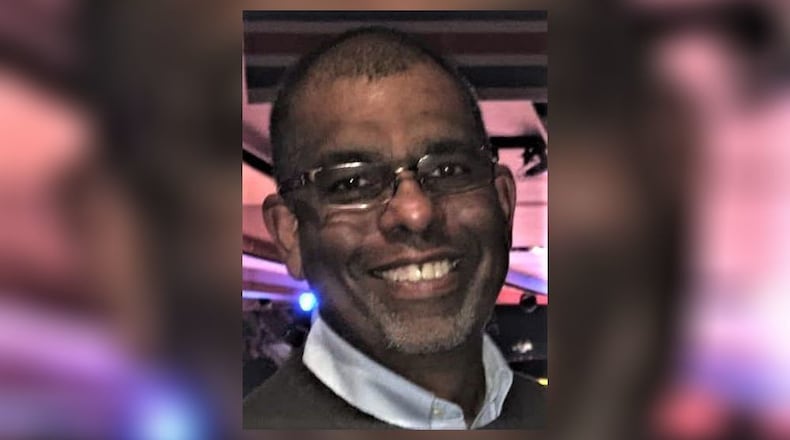There were my big takeaways:
- When people see you as a human being and not simply an ideological label, it’s a lot easier to debate differing viewpoints and a lot harder to be nasty.
- We spend way too much time focusing on what makes us different and not what we have in common. The participants brought up a number of areas that enjoy broad support among all Americans, including term limits in the House and Senate, revisiting whether Supreme Court Justice should have lifetime appointments, and helping people who truly need it most. Those are not conservative or liberal positions. They’re American positions.
- Will people disagree? Absolutely. But as Okeana resident Brad Karoleff said, “We all don’t have to think alike because if everybody’s thinking alike, nobody’s thinking.” Bravo, Brad.
There’s another positive. I came away from the conversation with a renewed sense that, if we work at it just a little, we can have far more productive than unproductive conversations.
I didn’t agree with everything I heard, but as Karoleff noted, that’s not a bad thing.
In hindsight, I wish I would have conducted the conversation differently. I asked people to come prepared to talk about a specific issue, but eight people and about 80 minutes didn’t give a lot of room for a deep dive into anything. I should have picked two or three topics that we could have all discussed and that’s what I’ll do next time.
What did they say? Here’s a taste.
Hamilton’s Scott Dalesandro was dismayed at how some people negatively view conservatives and Republicans. Dayton’s Sean C. Hathaway believes Trump was the best President since Reagan. Tim Stump of Englewood thinks jargon associated with critical race theory compromises honest relationships. Centerville’s Eric Riebly is all for terms limits. Springfield’s Jack Dalie thinks the country’s poor economic condition will lead us to ruin. Ron Suprenant, of Washington Twp. Isn’t a fan of student loan forgiveness.
The conversation brought me back to something Art Jipson, an associate professor of sociology at the University of Dayton, told me back in May: “You may not agree with everyone, but you should at least be able to have a conversation, so you should be able to discuss and dialogue the nature of those disagreements. One of the problems we face today is an inability to have a civil, honest human conversation.”
We had the conversation on June 28 and since then, several members of the group have e-mailed me to ask for insights into certain issues. That’s a great first step. Reaching out to someone you think doesn’t think like you means you’re trying to, at minimum, gain insight into different views.
That doesn’t mean we’ll stop fighting for what we believe in. It just means that maybe, we can cut down on the insidious bickering and become a little more comfortable with people who aren’t just like you
And if we understand, maybe we can get to a compromise. During our discussion, Helena Gerrard of Washington Twp, told this story: “I have twin grandsons and one time I said to them, ‘OK, you’re going to share a milkshake. What do you want?’ And one said chocolate. And the other said strawberry. I said, OK, just one milkshake. You’re going to share. And they looked at each other and they said, vanilla. And as they were slurping this up, I said to one of them, ‘Are you sad that you didn’t get chocolate?’ And he said, ‘No because he (pointing to his brother), didn’t get strawberry. And he said, ‘This is delicious.’ And so, you know, if 4-year-olds can figure out how to compromise and how to collaborate, why can’t we?
Great question.
Ray Marcano’s Sunday column appears on these pages each Sunday. You can reach him with a question or comment at raymarcanoddn@gmail.com
About the Author
